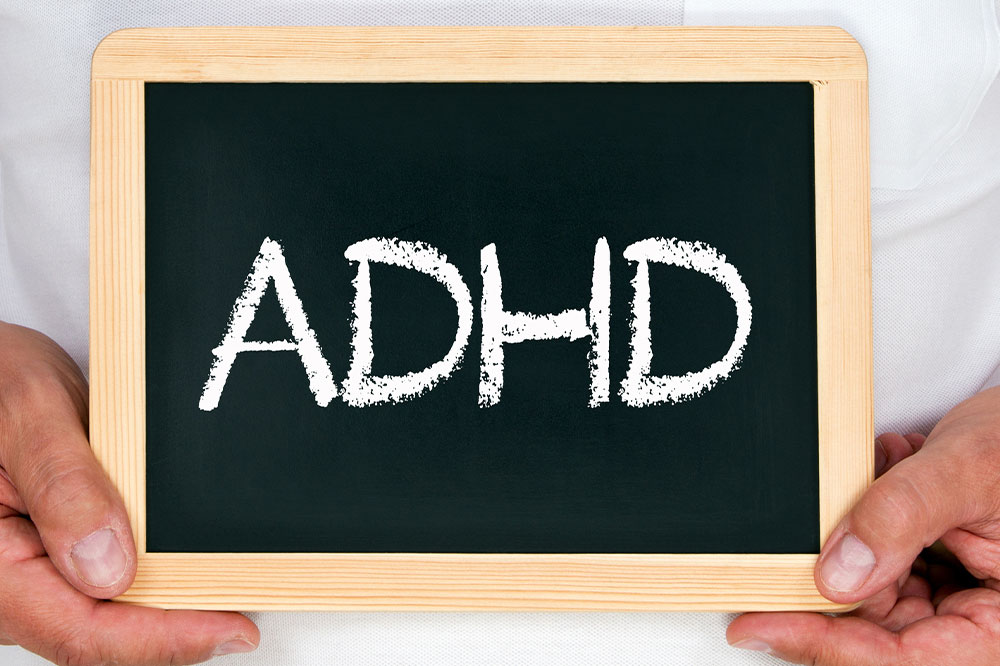Harnessing the Benefits of Cognitive Behavioral Therapy for Enhanced Mental Wellness
Discover how Cognitive Behavioral Therapy (CBT) offers effective strategies for mental health management. This structured therapy helps individuals identify, challenge, and change negative thought patterns, leading to improved emotional well-being. Widely used for anxiety, depression, PTSD, and OCD, CBT empowers people with coping skills and resilience. Learn about its process, techniques, and success stories, and how it can be a vital part of ongoing mental health support. This in-depth guide explores CBT's principles, benefits, and application in real-life scenarios for better mental wellness.

Exploring How Cognitive Behavioral Therapy (CBT) Promotes Mental Health Recovery and Stability
Cognitive Behavioral Therapy (CBT) stands as one of the most effective and widely recognized psychological treatments for managing various mental health issues. Designed to help individuals identify and change detrimental patterns of thinking and behavior, CBT provides practical strategies to improve overall mental well-being. Its core principle revolves around understanding the intricate link between thoughts, feelings, and actions, empowering individuals to regain control over their emotional health. As a structured, short-term intervention, CBT has demonstrated remarkable success in treating conditions such as anxiety, depression, trauma, and other emotional disorders, making it a vital component of mental health care.
Many people struggle with persistent negative thoughts, which can lead to feelings of hopelessness, anxiety, or low self-esteem. These thoughts often create a vicious cycle, affecting behavior and resulting in adverse outcomes. CBT intervenes by helping individuals recognize these thought patterns, challenge their validity, and replace them with healthier, more constructive perspectives. For example, someone feeling overwhelmed after losing a job might experience feelings of worthlessness and worry. Through CBT, they learn to reframe these beliefs—shifting from "I'm a failure" to "This is an opportunity for growth"—thereby reducing anxiety and fostering resilience.
Understanding the CBT Process
Typically, CBT is conducted over a series of 12 to 20 sessions, making it an accessible and efficient therapeutic option. During these sessions, therapists and clients work collaboratively to establish specific, manageable goals tailored to the individual’s needs. The process involves a mix of psychoeducation, recognition of harmful thought patterns, behavioral experiments, and skill-building exercises. Clients are taught to identify automatic negative thoughts—and particularly those that trigger distress—and to challenge these notions through evidence-based techniques. The therapy emphasizes active participation, homework assignments, and self-monitoring to facilitate lasting change beyond the therapy sessions.
Key Techniques and Methods in CBT
CBT employs a variety of techniques designed to modify maladaptive thinking and promote positive behavioral change. Cognitive restructuring is at the heart of CBT, helping clients identify distorted thoughts—such as catastrophizing or all-or-nothing thinking—and replace them with balanced, realistic beliefs. Behavioral activation encourages engaging in activities that improve mood and reduce avoidance behaviors. Exposure therapy, a subset of CBT, is particularly effective for phobias, OCD, and PTSD, gradually exposing clients to feared stimuli in a controlled manner. Mindfulness and relaxation techniques are also integrated to help manage emotional responses effectively. For example, a person with social anxiety may practice gradual exposure to social situations combined with cognitive reappraisal, leading to increased confidence and reduced avoidance.
Common Conditions Treated with CBT
CBT has shown exceptional efficacy in treating a broad spectrum of psychological disorders. Anxiety disorders—including generalized anxiety disorder, panic disorder, social anxiety, and phobias—respond notably well to CBT interventions. Obsessive-Compulsive Disorder (OCD), characterized by intrusive thoughts and compulsive behaviors, can be substantially reduced through cognitive restructuring and exposure techniques. Post-Traumatic Stress Disorder (PTSD) involves intrusive memories and hyperarousal, which CBT addresses by helping individuals process traumatic memories in a safe environment and gradually diminish avoidance behaviors. Depression, often linked to negative thinking and behavioral inactivity, can be alleviated through behavioral activation and cognitive restructuring, helping patients develop healthier routines and thought patterns. Insomnia and other sleep disturbances are also managed using CBT techniques focused on changing sleep-related behaviors and beliefs.
Benefits and Success Stories of CBT
The growing body of clinical research consistently supports the effectiveness of CBT in mental health treatment. Many patients report significant reductions in symptoms such as anxiety, depression, and obsessive behaviors after completing CBT programs. Its structured nature and focus on skill development make it particularly effective for long-term management, enabling individuals to cope better with stressors in everyday life. Additionally, CBT's emphasis on self-efficacy and active participation encourages lasting change, empowering individuals to maintain improvements long after therapy concludes. Studies reveal that CBT not only decreases symptom severity but also enhances overall quality of life, resilience, and emotional regulation.
Applying CBT for Ongoing Mental Health Support
CBT is a versatile, evidence-based approach suitable for various mental health conditions, from anxiety and depression to bipolar disorder, trauma-related disorders, and compulsive behaviors. Its structured framework allows mental health professionals to tailor interventions to the individual’s unique needs. While highly effective, the severity and complexity of some cases require comprehensive treatment plans that may include medication or other therapeutic modalities alongside CBT. For example, individuals experiencing bipolar disorder often need a combination of medication and therapy for optimal outcomes. Nonetheless, CBT provides valuable tools for managing symptoms, preventing relapse, and enhancing emotional stability. It fosters a proactive approach to mental health, emphasizing skills that individuals can utilize throughout their lives to build resilience, cope effectively with challenges, and improve overall psychological well-being.





